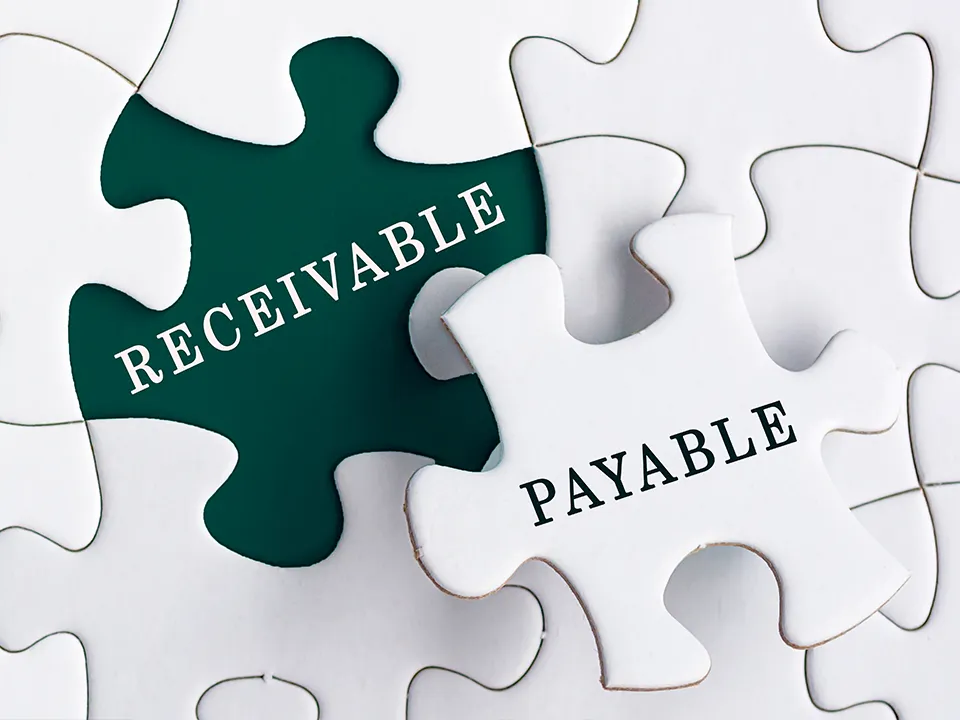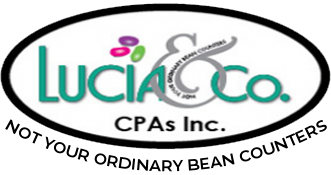Accrual accounting, a cornerstone of modern financial management, offers businesses an in-depth lens into their financial well-being. At Lucia & Co. CPAs, we’ve seen firsthand the transformative impact of adopting the right accounting practices. By recognizing income and expenses as they occur, rather than merely observing bank balances, accrual accounting provides a holistic perspective, enabling businesses to make strategic decisions with greater confidence.
As you navigate the complexities of business finance, understanding accrual accounting can be your beacon, shedding light on the nuances of revenue and expenses, and offering a clearer path forward.
Defining Accrual Accounting
In the realm of business finance, understanding the nuances of accounting methods is paramount. Among these methods, accrual accounting stands out for its holistic approach to financial recording. But what exactly is accrual accounting, and why is it revered by many in the financial sector?
The Essence of Accrual Accounting
At its core, accrual accounting is a method that emphasizes the timing of financial events rather than the exchange of cash. This means that revenue and expenses are recorded based on when they happen, not when the money changes hands. For instance, if we at Lucia & Co. CPAs provide services in January but receive payment in February, the revenue is recorded for January. This approach offers a continuous and consistent view of financial activities, ensuring that financial statements reflect the actual business operations.
Real-World Application
To illustrate further, consider a scenario where a business, perhaps a local bookstore, orders a batch of books in November. The books arrive, and the invoice is issued in December, but the payment isn’t made until January. With the accrual accounting method, the expense for those books would be recorded in December when the obligation to pay arises, not in January when the payment is made.
Such scenarios underscore the power of accrual accounting. It ensures that financial reports are timely and match revenues to their relevant expenses, providing a more accurate picture of a company’s profitability and financial health.

Buy now, pay later purchases are recorded the date they’re sold, while the payments can come in over time.
Accrual vs. Cash Accounting: The Great Debate
Every business, from startups to established corporations, grapples with the decision of which accounting method to adopt. Two prominent contenders often emerge: accrual and cash accounting. While both have their merits, they differ fundamentally in how they record financial transactions.
Key Differences
Accrual accounting, as we’ve explored, records transactions when they occur, irrespective of when the money is exchanged. This method offers a comprehensive view of a company’s financial health by capturing the full scope of its activities. On the contrary, cash accounting, a more straightforward approach, records transactions only when money is actually received or paid. It’s akin to maintaining a detailed log of all cash inflows and outflows.
For Lucia & Co. CPAs, if we were to invoice a client in June but receive payment in July, accrual accounting would recognize the revenue in June, while cash accounting would defer it to July. This distinction can significantly impact how a company’s profitability appears on paper.
Weighing the Pros and Cons
While accrual accounting provides a nuanced, in-depth view of a company’s finances, it might be more demanding in terms of tracking due to the need to monitor receivables and payables actively. Cash accounting, being simpler, may be more suited for smaller businesses or those with straightforward transactions. However, its simplicity might not capture the complete financial picture, especially for businesses with extended payment terms or delayed revenue recognition.
Moreover, tax implications can differ. With cash accounting, businesses may find tax benefits in deferring revenue recognition until payment is received. Conversely, with accrual accounting, there’s the potential obligation of paying taxes on revenue even before it’s been received. Thus, the choice between accrual and cash accounting isn’t merely about preference but also about strategic financial planning.
Diving into the Categories of Accrual Accounting
The intricacies of accrual accounting unfold further when we explore its categories. Essentially, all transactions within this accounting method can be bucketed into one of two categories: revenues (or receivables) and expenses (or payables). Understanding these categories is vital for businesses to ensure they’re recording their financial activities accurately.

Knowing when you pay your accrued expenses off can impact your fiscal finance planning.
Revenue Realization: Understanding Accrued Revenues
Accrued revenues represent income that a business has earned but hasn’t yet received payment for. It’s a testament to the promise of future cash inflows, a commitment that a client or customer will fulfill their financial obligation.
Example: Imagine a scenario where Lucia & Co. CPAs provides consultation services to a client in September. The client agrees to pay by the end of October. In this case, the revenue for the services would be recognized in September itself, even though the actual payment would come a month later.
Such practices ensure that the financial statements present a realistic picture of the revenue streams and provide insights into anticipated cash flows.
Meeting Obligations: Grasping Accrued Expenses
Accrued expenses, on the other hand, are the exact opposite of accrued revenues. They represent costs that a business has incurred but hasn’t paid for yet. These are obligations that the business must fulfill, indicating future cash outflows.
Example: Consider a situation where we at Lucia & Co. CPAs receive utility bills for our office space in February but decide to settle them in March. The expense, in the eyes of accrual accounting, would be recorded in February, aligning with when the obligation was recognized.
Such meticulous tracking ensures that businesses are well-aware of their financial commitments, aiding in more informed budgeting and financial planning.
Navigating Business Finances with Accrual Accounting
In the ever-evolving world of business, having a robust financial strategy is non-negotiable. Accrual accounting, with its forward-thinking approach, serves as a beacon for many businesses, illuminating the path to financial clarity and stability.
The Advantages of a Long-Term Perspective
Accrual accounting doesn’t just provide a snapshot of a business’s current financial position; it offers a panoramic view of its financial journey. By recognizing revenues and expenses when they are earned or incurred, businesses can gain insights into their future cash flows, profitability trends, and overall financial health.
For instance, at Lucia & Co. CPAs, we often advise businesses to look beyond immediate cash positions. Why? Because understanding the timing and nature of future cash inflows and outflows can aid in strategic planning, from budgeting and forecasting to making informed investment decisions.
Accrual Accounting in the Digital Age
In today’s digital era, the complexities of accrual accounting are made more manageable with the aid of modern software solutions. Tools like QuickBooks not only streamline the process of recording transactions but also offer flexibility, allowing businesses to switch between cash and accrual accounting as needed. Such adaptability ensures businesses remain agile, adapting to changing financial landscapes and requirements.
Furthermore, integrating technology with accrual accounting practices allows for real-time financial monitoring, automated reporting, and easier compliance with financial regulations. In essence, it’s a marriage of traditional accounting wisdom with modern technological prowess, ensuring businesses remain competitive and financially sound.
Conclusion
The financial decisions a business makes today lay the foundation for its future success. Accrual accounting, with its emphasis on recognizing financial events based on their occurrence rather than cash exchange, provides a detailed and comprehensive view of a company’s financial landscape. It enables businesses to look beyond immediate cash flows and delve deeper into their financial trajectory.
At Lucia & Co. CPAs, we’ve always believed in the power of informed decision-making. Understanding the nuances of your accounting method, be it accrual or cash, can significantly influence your strategic planning, investment decisions, and overall business growth. We encourage businesses to consult with professionals to ensure they’re not just on the right track but are forging a path towards sustained financial success.
Remember, in the world of business, knowledge isn’t just power—it’s the key to unlocking unparalleled financial clarity and success. Contact your not-so-ordinary bean counters for more information and assistance with your accounting today.


